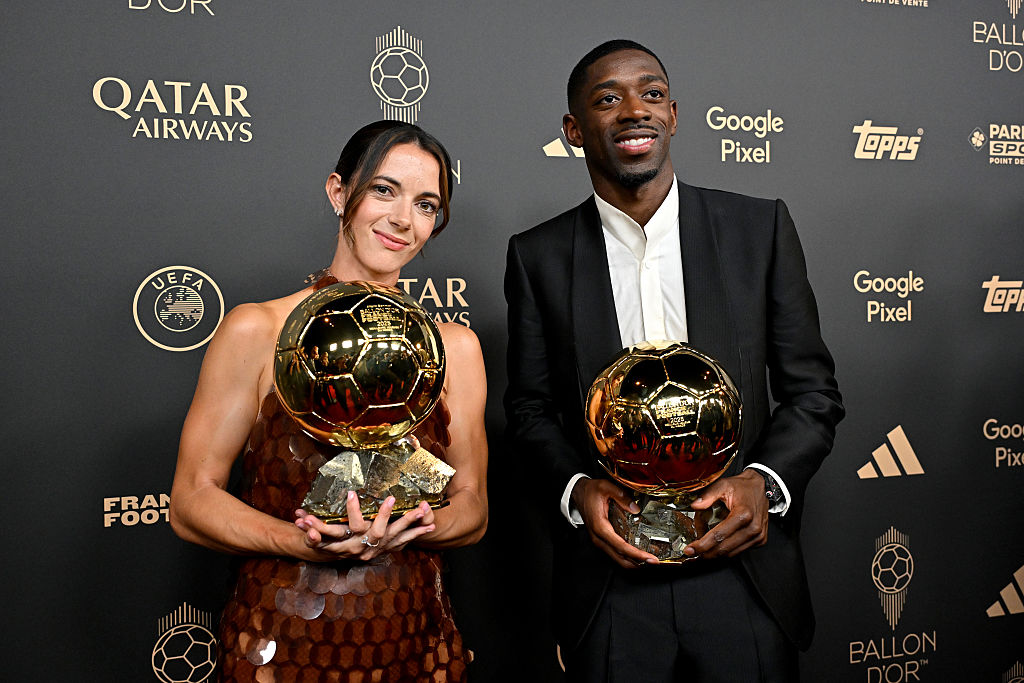On a glittering night in Paris, Ousmane Dembélé and Aitana Bonmatí claimed football’s most prestigious individual honours, winning the men’s and women’s Ballon d’Or awards respectively. The ceremony, filled with glamour, excitement, and emotional tributes, celebrated both individual brilliance and the growing influence of English football.
Dembélé’s triumph marks a remarkable turnaround in his career. Just a year ago, he faced uncertainty after a heated fallout with his coach. However, a tactical shift repositioning him centrally unlocked his full potential. From December to March, he delivered a stunning run of 25 goals in 20 games, leading his team to Champions League glory with a decisive display against Inter Milan. His story is one of resilience and redemption, crowned by lifting the trophy in front of an adoring Parisian crowd. The winger’s emotional speech, shared with his mother on stage, underlined the personal significance of his achievement.
In the women’s category, Bonmatí secured her third consecutive Ballon d’Or, cementing her dominance at the top of the game. Despite falling short in both the European Championship and the Champions League finals against England’s Alessia Russo and Arsenal, Bonmatí’s influence and consistency kept her ahead of rivals. Russo finished third, with Mariona Caldentey taking second place.
The night was also special for English football. Sarina Wiegman received the Johan Cruyff Award for best female coach after guiding the Lionesses to European Championship success. She used her platform to call for unity and inclusivity in football, urging the fight against racism and misogyny to continue as the women’s game expands. Hannah Hampton, England and Chelsea’s goalkeeper, won the inaugural women’s Yashin Trophy, dedicating her award to the late Matt Beard, a respected figure in women’s football.
Other winners included Lamine Yamal, who retained the Kopa Trophy as best young player, and Arsenal, named Club of the Year. Viktor Gyökeres of Arsenal also won the Gerd Müller Trophy as the leading goalscorer, while Gianluigi Donnarumma was honoured as the men’s top goalkeeper.
The ceremony, staged at the Théâtre du Châtelet, blended football excellence with high-profile spectacle, reflecting both the sport’s global glamour and Paris’s enduring role as a centre of football culture. For PSG, bringing the men’s Ballon d’Or home through Dembélé marked not just individual triumph but also a statement of French football’s growing presence on the world stage.

